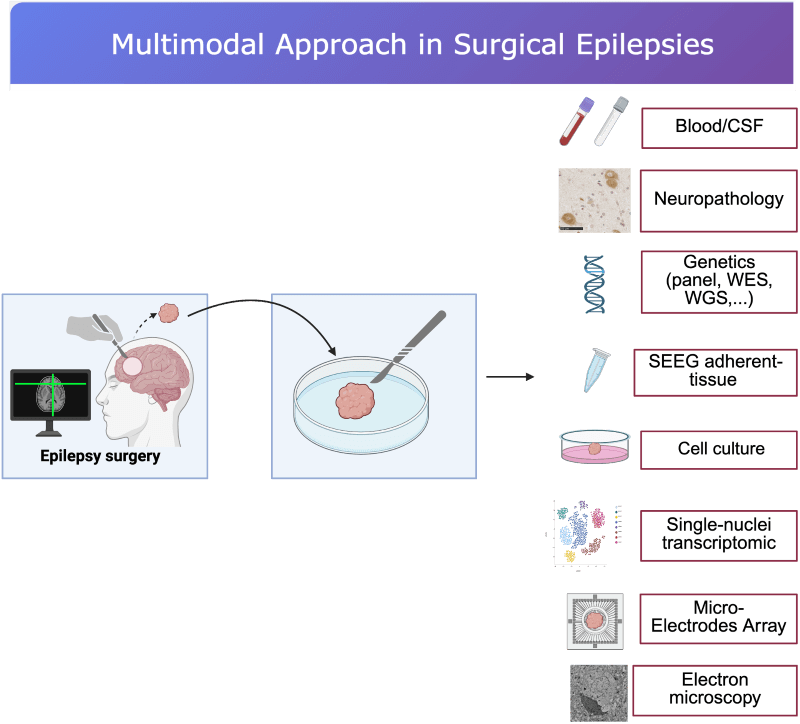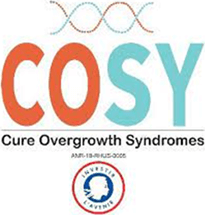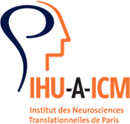Brain Mosaicism in Epilepsy andNeurodevelopmental Disorders
Our laboratory is dedicated to elucidating the precise mechanisms by which brain somatic mutations contribute to epileptogenesis in the context of cortical malformations.

Epilepsy is defined by the occurrence of recurrent and spontaneous seizures due to abnormal synchronized activity of neurons. Cortical malformations, such as Focal Cortical Dysplasia (FCD) and Hemimegalencephaly (HME), are important causes of pediatric refractory epilepsies that often require neurosurgical intervention.
Brain somatic mutations have emerged as a critical mechanism underlying neurodevelopmental disorders, particularly in focal epilepsies associated with cortical malformations. These genetic alterations, which occur postzygotically in neuronal progenitors, can dramatically disrupt the precise orchestration of cortical development and lead to hyperexcitable neural networks.

We implement a comprehensive translational approach spanning from the identification and characterization of somatic mutations in a large biobank of brain tissues obtained from patients undergoing epilepsy surgery to in-depth functional analysis. Our cutting-edge methodologies include single-cell omics and spatial transcriptomics to profile cellular heterogeneity, patient-derived cortical organoids for modeling of human neurodevelopmental trajectories, and mouse models utilizing in utero electroporation to recapitulate somatic mutations in vivo and perform functional validation. Through this integrated strategy, we aim to uncover the molecular and cellular pathways disrupted by somatic mutations and identify targeted therapeutic opportunities for these currently challenging-to-treat epilepsies.

Open positions
Our funders












